(June 18, 2022) Satya Nadella, CEO of Microsoft, the American multinational company is well known for leading with empathy. Ironically, it was lack of empathy that had nearly cost him the chance to join the organisation 30 years back. After a full day of interviews with various engineering leaders who tested his intellectual capabilities, Nadella had met the last interviewer of the selection process. Instead of giving him an engineering problem, coding scenario or grilling about his education and experiences the interviewer had asked him; what would he do if he sees a crying baby lying on a street.
“I’ll call 911,” was Nadella’s reply. The interviewer was certainly not satisfied and pointed out that Nadella needs to build empathy, as the first thing that would be required in such a scenario is to pick up the baby. “Somehow, I got the job but Richard’s (interviewer’s) words have remained with me to this day. Little did I know then that I would soon learn empathy in a deeply personal way,” writes Nadella in his memoir Hit Refresh. The bestseller has a warm foreword by Bill Gates, the founder of Microsoft. Global Indian turns it spotlight on the inspirational success story of the Indian-origin CEO who lives in Bellevue, Washington.
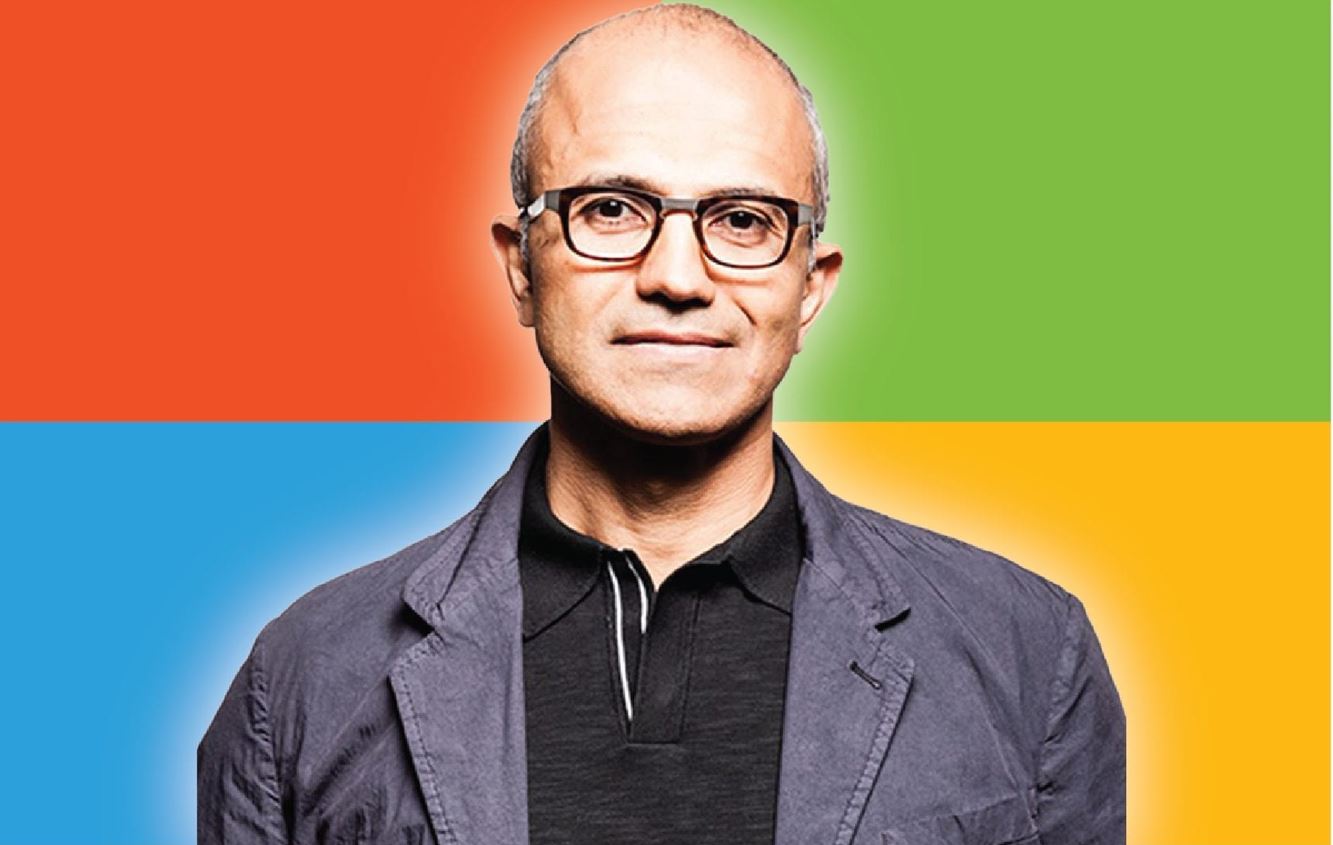
Microsoft CEO Satya Nadella
Writing about empathy in his memoir, Nadella remarks
“This unique quality will become even more valuable in a world where the torrent of technology will disrupt the status quo like never before.”
Joining Microsoft at the age of 25 after a short stint at Sun Microsystems, Satya Nadella climbed up the ladder to become the third CEO of the organisation in 2014. To work for a company filled with people who believe they were on a mission to change the world, was his reason to join the organisation in 1992. He never regretted his decision in the last three decades!
Making the best of what life had in store
Satya Nadella had been a good student but not an extraordinary one. “I was not academically that great. I didn’t go to the elite Indian Institute of Technology (IITs),” he mentions while informing in his memoir that he flunked its entrance exam. So, he went on to study at Manipal Institute of Technology (MIT) instead. The young Nadella wanted to study computer science, but was not able to get into the stream. So, he instead took up electrical engineering with the hunch that it would help him get closer to computers and software. Fortuitously his hunch was right!
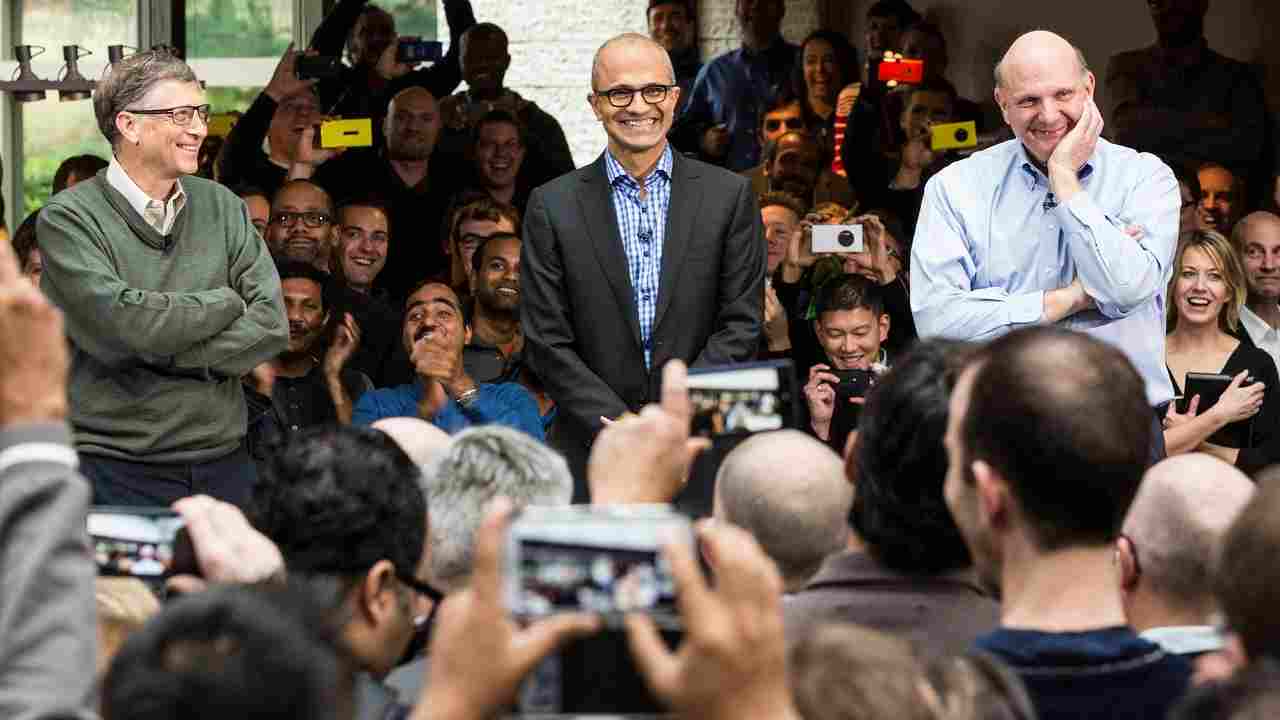
Microsoft past and current CEOs: Bill Gates, Satya Nadella, Steve Ballmer on Nadella’s first day as CEO
Today, the man who was conferred Padma Bhushan in 2022, is an inspiration to millions. His journey is a strong testament that if one makes the best of what has come one’s way, keep the passion alive for achievements, never let die the dream; then reaching where one intends to be is not impossible.
Leading with purpose
Reminiscing about his organization’s larger purpose Nadella writes:
“Microsoft has always been at its best when it commits personal passion to a broader purpose. Windows Office, Xbox, Surface, our servers and Microsoft Cloud – all of these products have become digital platforms upon which individuals and organizations can build their own dreams.”
Nadella has aligned himself well with his organization’s outlook putting the alchemy of purpose, innovation and empathy at the centre of all that he pursues – from the products that his team launches, the new markets that they enter to the employees, customers and partners they work with.
Childhood passions – cricket and computers
Nadella was born in Hyderabad in a Telugu family. His mother, Prabhavati Yugandhar, was a Sanskrit professor. As a kid, Satya was mesmerised by the charms of cricketers who hailed from the city, and wanted to be a professional cricketer. His father, Bukkapuram Nadella Yugandhar, an IAS officer, however was not keen on Satya playing cricket instead of focussing on his studies. Incidentally, Satya too, struggled to hone his skills in the game beyond a certain level.
So, the junior Nadella started working on a passion that came second on list after cricket – computers. Little did he know that his second-best choice would make him number one in life! Interestingly, the top CEO who is still obsessed with cricket attributes many of his leadership qualities to lessons that he learned as a cricket player.
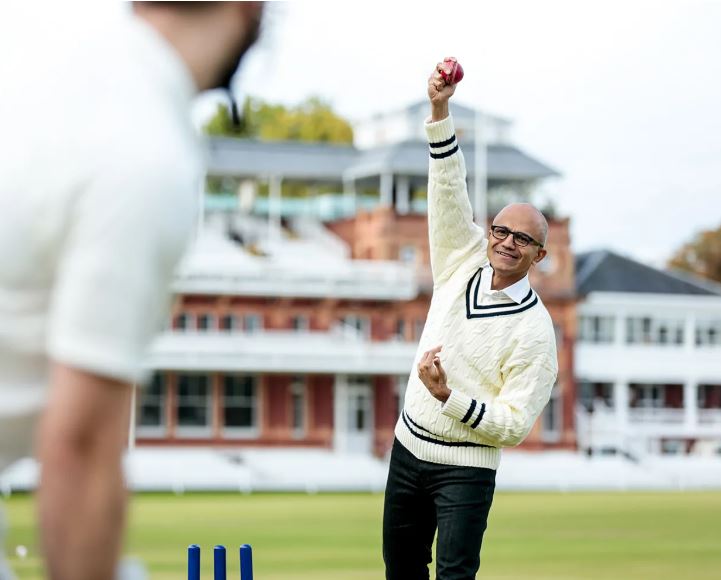
Satya Nadella enjoying the game of cricket
A 15-year-old Nadella discovered that computer software is one of the most malleable resources after his father gifted him a Sinclair ZX Spectrum computer kit from Bangkok. The youngster realised that he can achieve multiple things with just a few lines of code.
By 1980s, Nadella was already good at writing BASIC code. After completing his B Tech, he headed to United States in 1988 to pursue his master’s degree in computer science at University of Wisconsin – Milwaukee. This journey that he made from New Delhi to Chicago on his 21st birthday paved his way to becoming the CEO of one of the world’s largest companies.
A family man
The IT administrator of his family, Nadella has always been particular that technology for entertainment should be limited. As a father of three he has always been negotiating on how many movies, what kind of video games and the likes with his children.
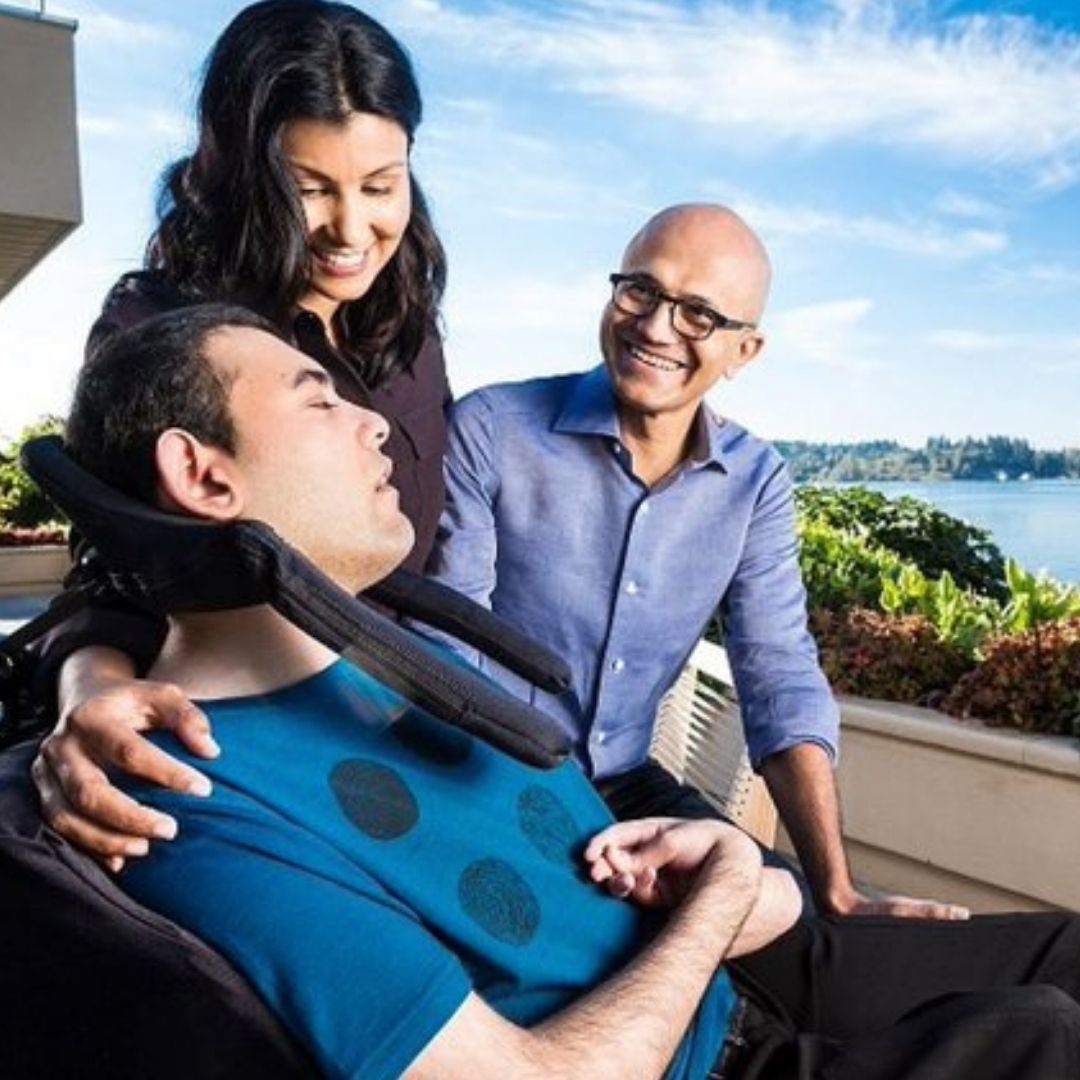
Satya Nadella with his wife, Anu and son, late Zain Nadella
His life changed forever with the birth of his first born, Zain who passed away in February 2022. Zain was born weighing just three pounds, was visually impaired, and had limited communication capabilities. He had been suffering from severe cerebral palsy. This has had a profound influence on lives of both Satya and his wife, Anu. Since his birth, the couple have been leading, thinking and relating to people – all with empathy.
“Ideas excite me. Empathy grounds and centres me” – Satya Nadella
The father who never expected to grapple with such harsh turn of fate, cherishes every moment of his fatherhood nevertheless. The couple who are also childhood friends has been successful in keeping their private life, pretty private.
Life’s lessons transferred to good business decisions
The man who never conducts business as usual, makes use of life’s experiences as raw material for transformation. Many features of Microsoft products have been designed keeping in mind the ease of use by the differently abled for example the company’s new app, Seeing AI, helps people with visual impairment. “They can hold up their phone and it’ll ‘see’ people — interpret their emotions, interpret a menu, cook with a recipe, go grocery shopping, read labels or help them walk into a conference room with confidence ” remarked Satya Nadella in one of his interviews.
Do you know?
- Satya Nadella’s full name is Satya Narayana Nadella
- At six, he lost his sister, who was just five-and-half months old
- Satya Nadella studied in Hyderabad Public School (HPS). His father wanted him to do his 11th and 12th from an international school in Bangkok. However, Nadella did not budge because he loved HPS too much.
- Shantanu Narayen, CEO of Adobe, Ajay Singh Banga, CEO of Master Card, Kunal Bahl of Snapdeal are all alumni of HPS, Nadella’s school – a fact that he cherishes.
- Years after passing out of Manipal Institute of Technology, Nadella rented a house in Sunnyvale, California with eight of his classmates from the institute, who happened to be there at the same time working in California. Together they recreated their dorm experience from college.
- He gave up his Green Card (permanent residency) and went back to H1B (temporary professional worker status), in the initial days of his marriage because his newly-wedded wife’s visa was rejected. Those days visa waitlist for spouses of permanent residents used to be five or more years, while the H1B enabled spouses to stay in US while their husbands or wives were working there.
Follow Satya Nadella on LinkedIn and Twitter


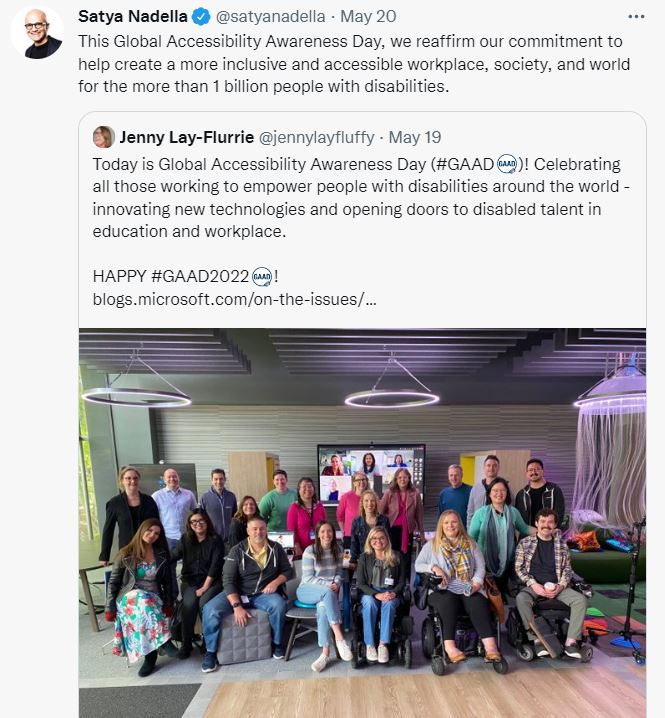
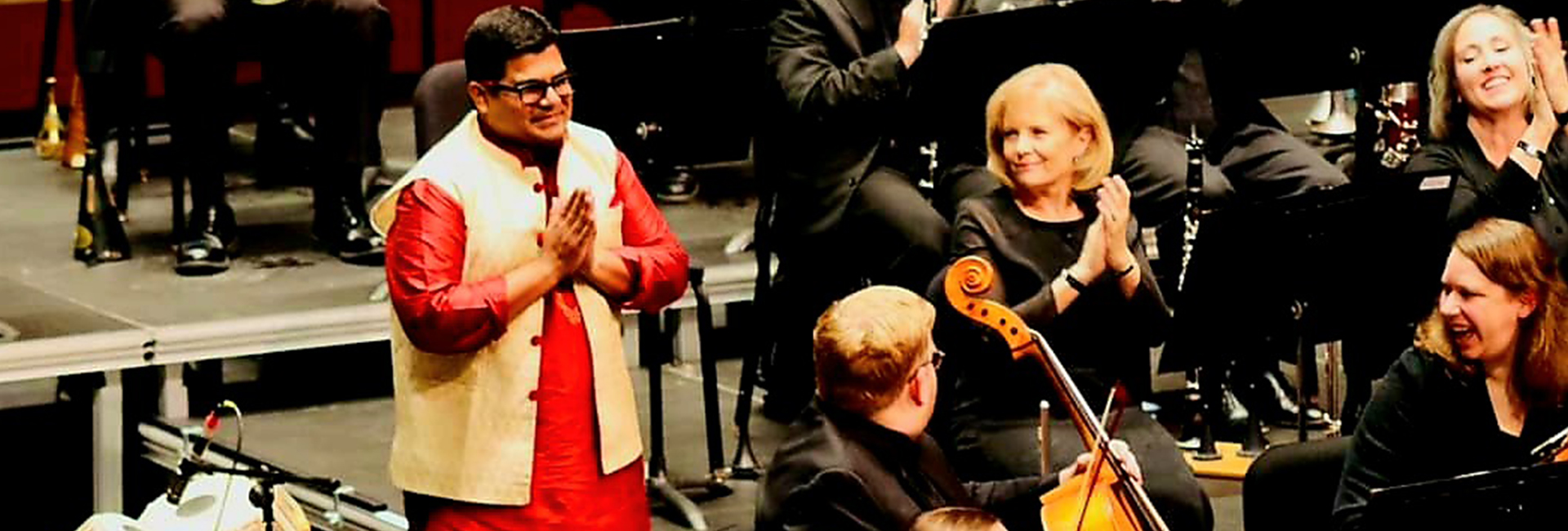
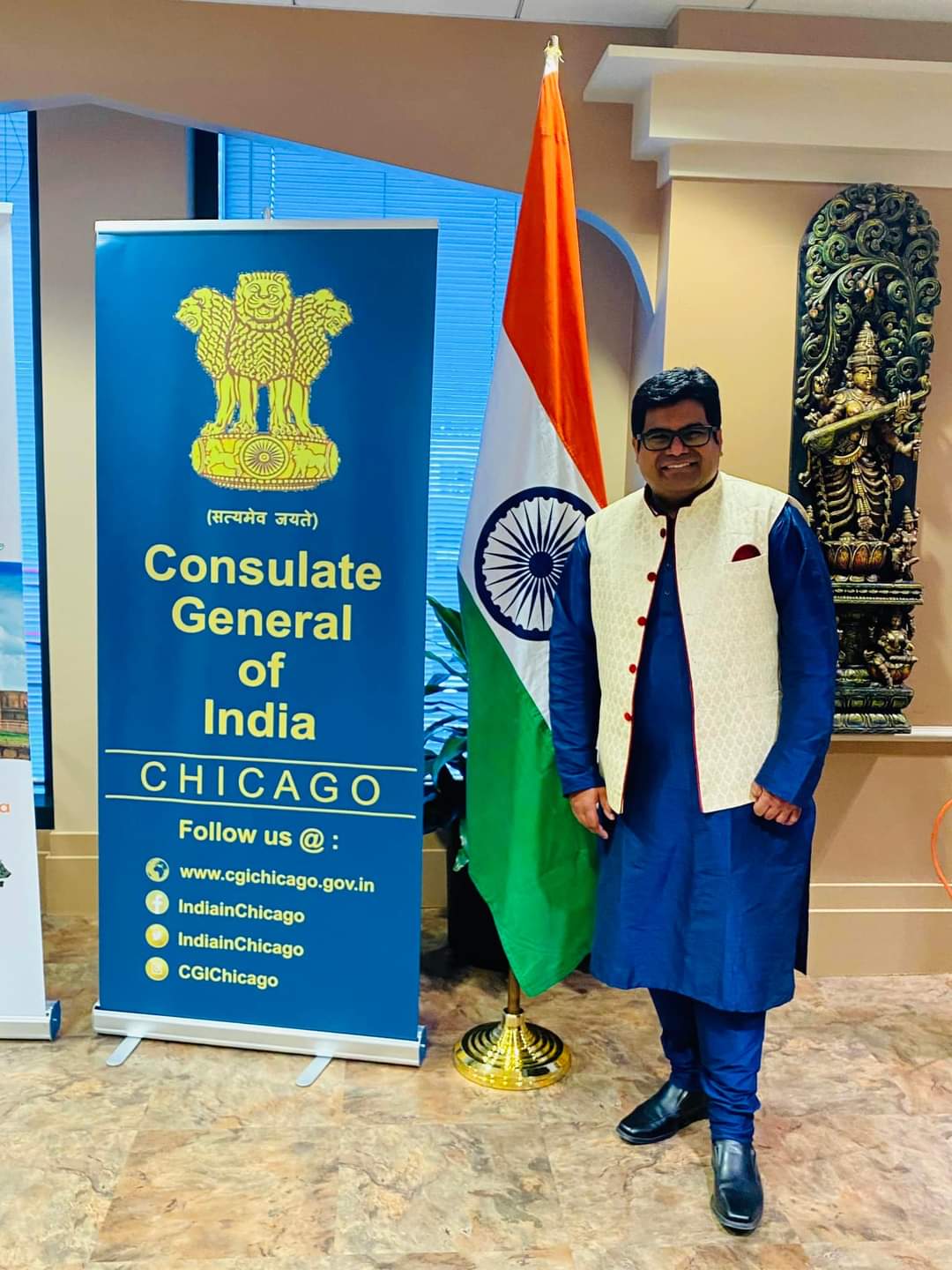 Sutanu Sur[/caption]
Sutanu Sur[/caption]
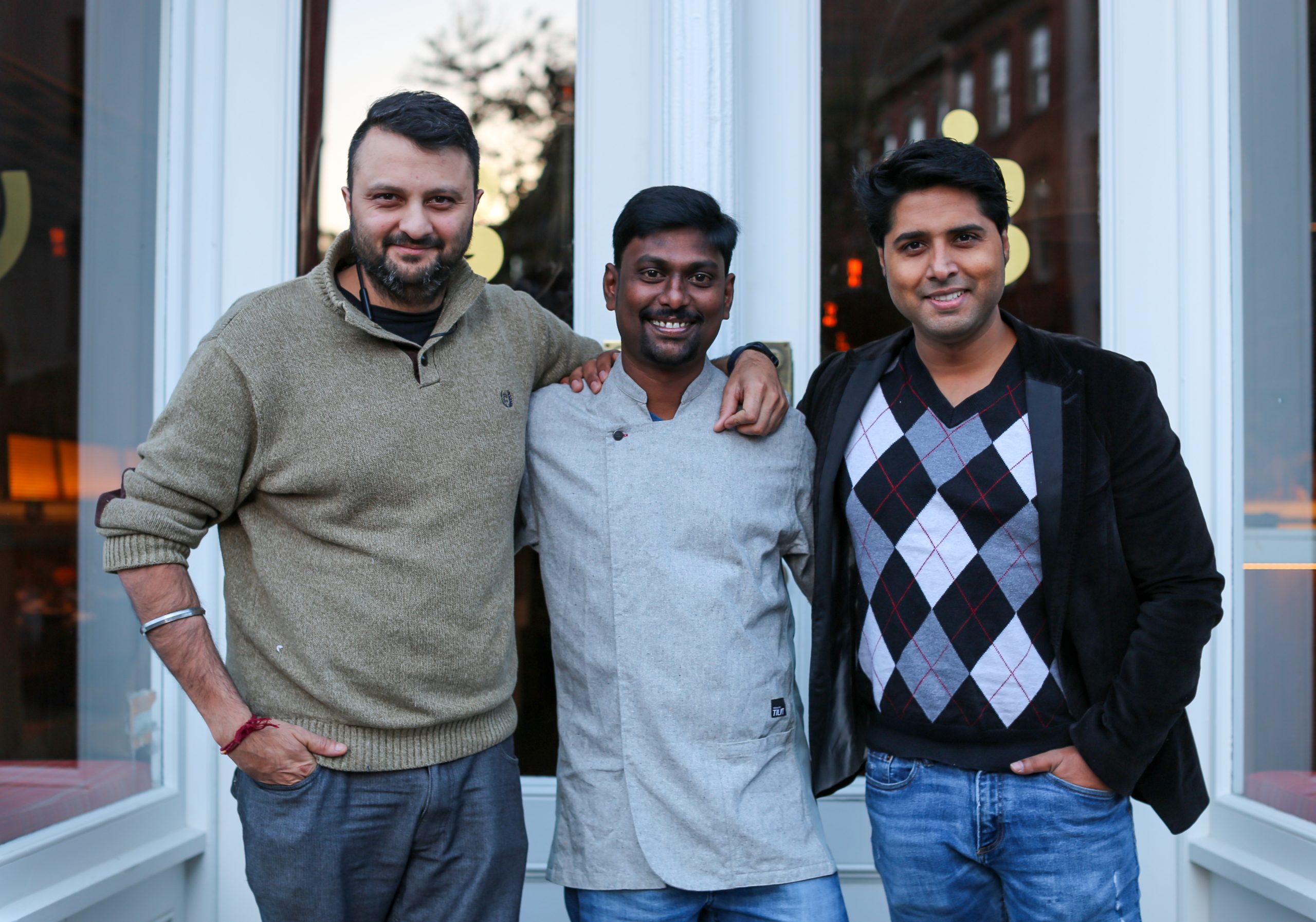 Chef Chintan Pandya with Chef Vijay Kumar and Roni Mazumdar[/caption]
Chef Chintan Pandya with Chef Vijay Kumar and Roni Mazumdar[/caption]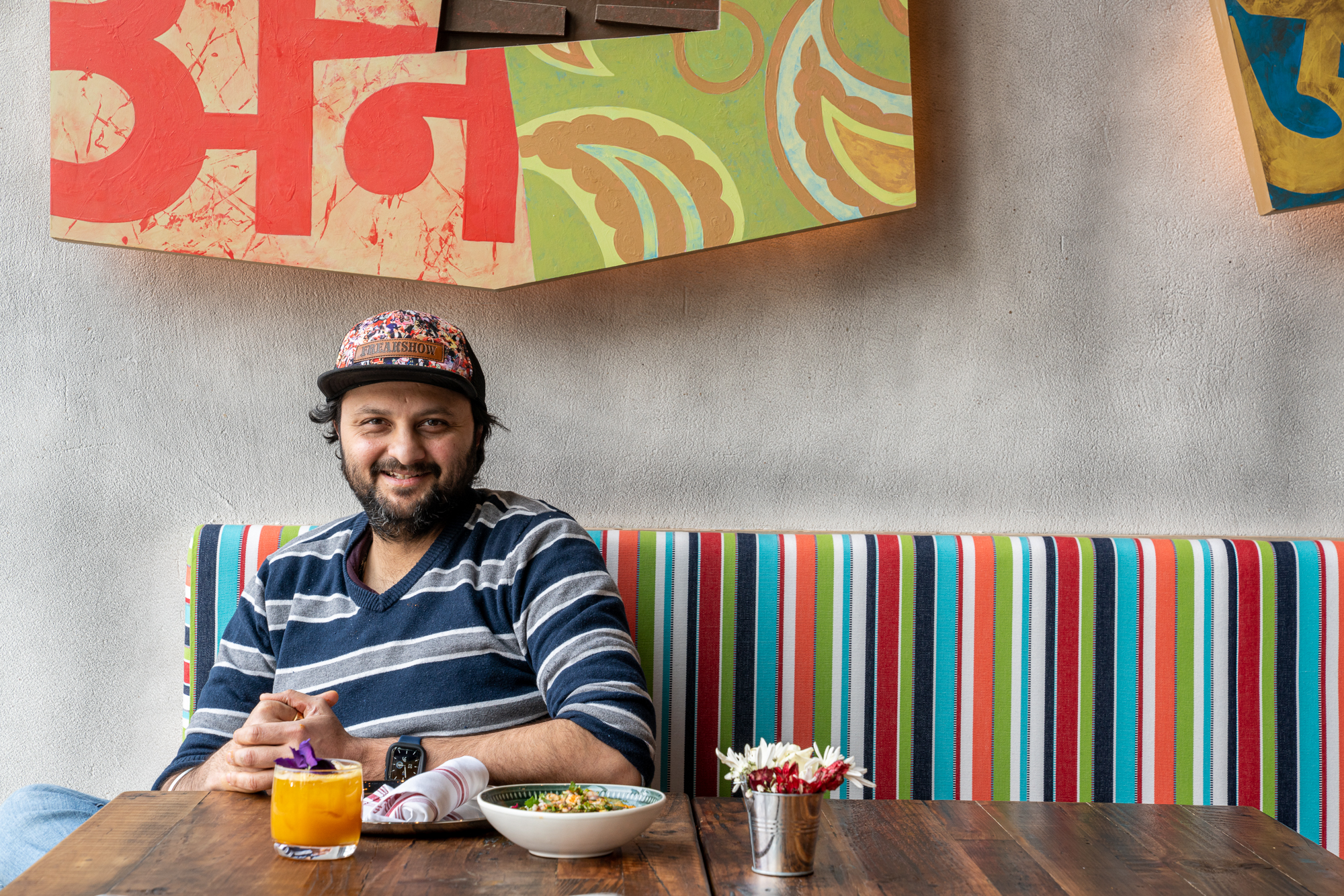
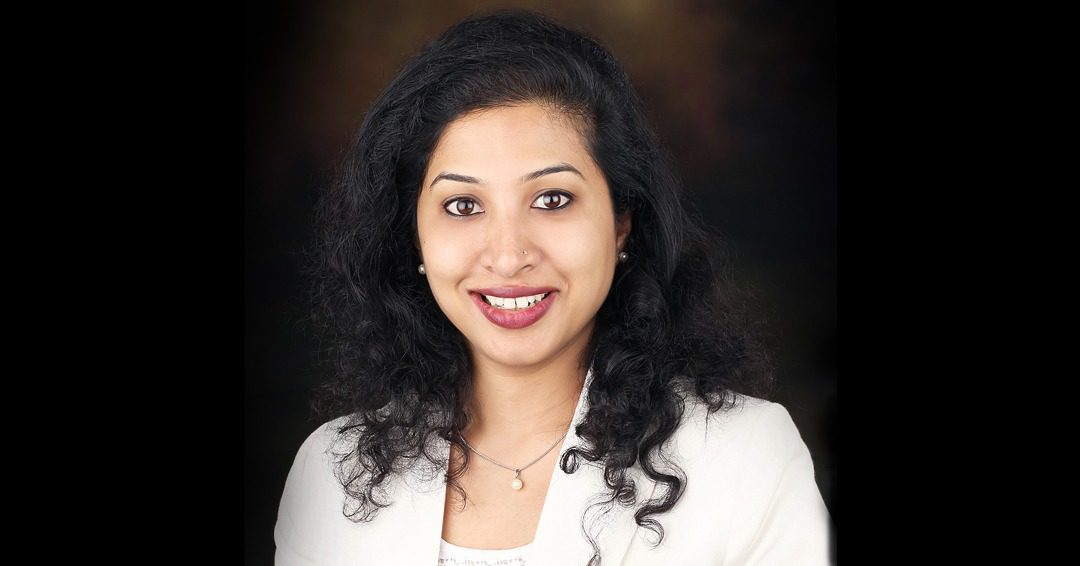
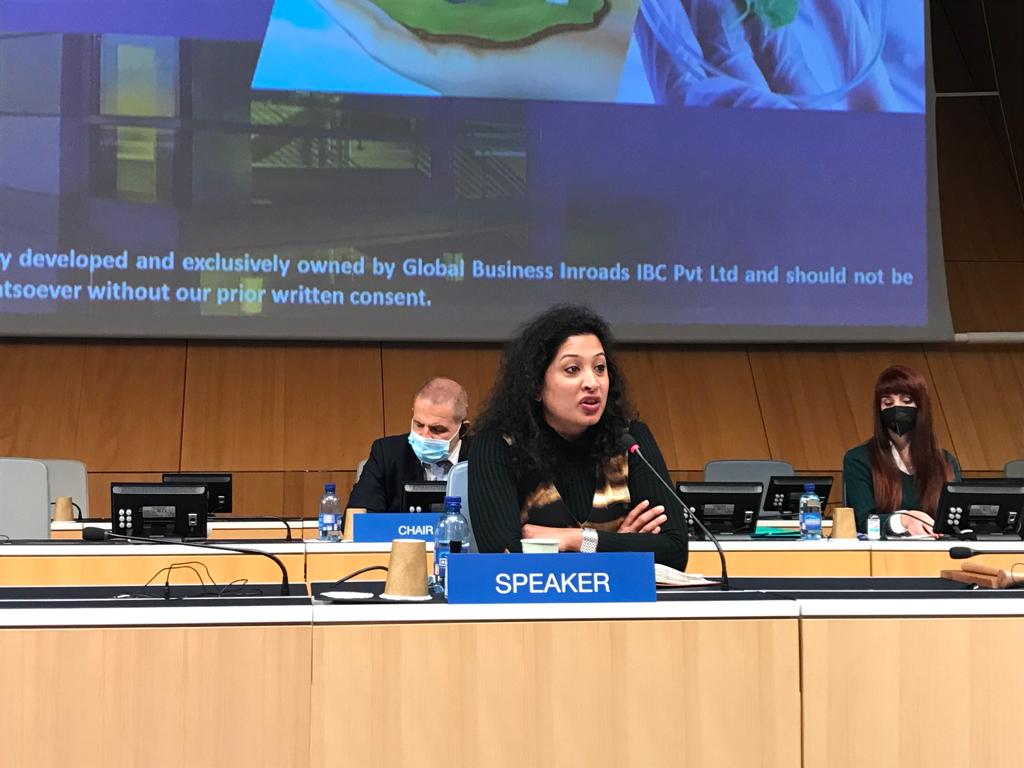 Leena at the WIPO event in Geneva[/caption]
Leena at the WIPO event in Geneva[/caption]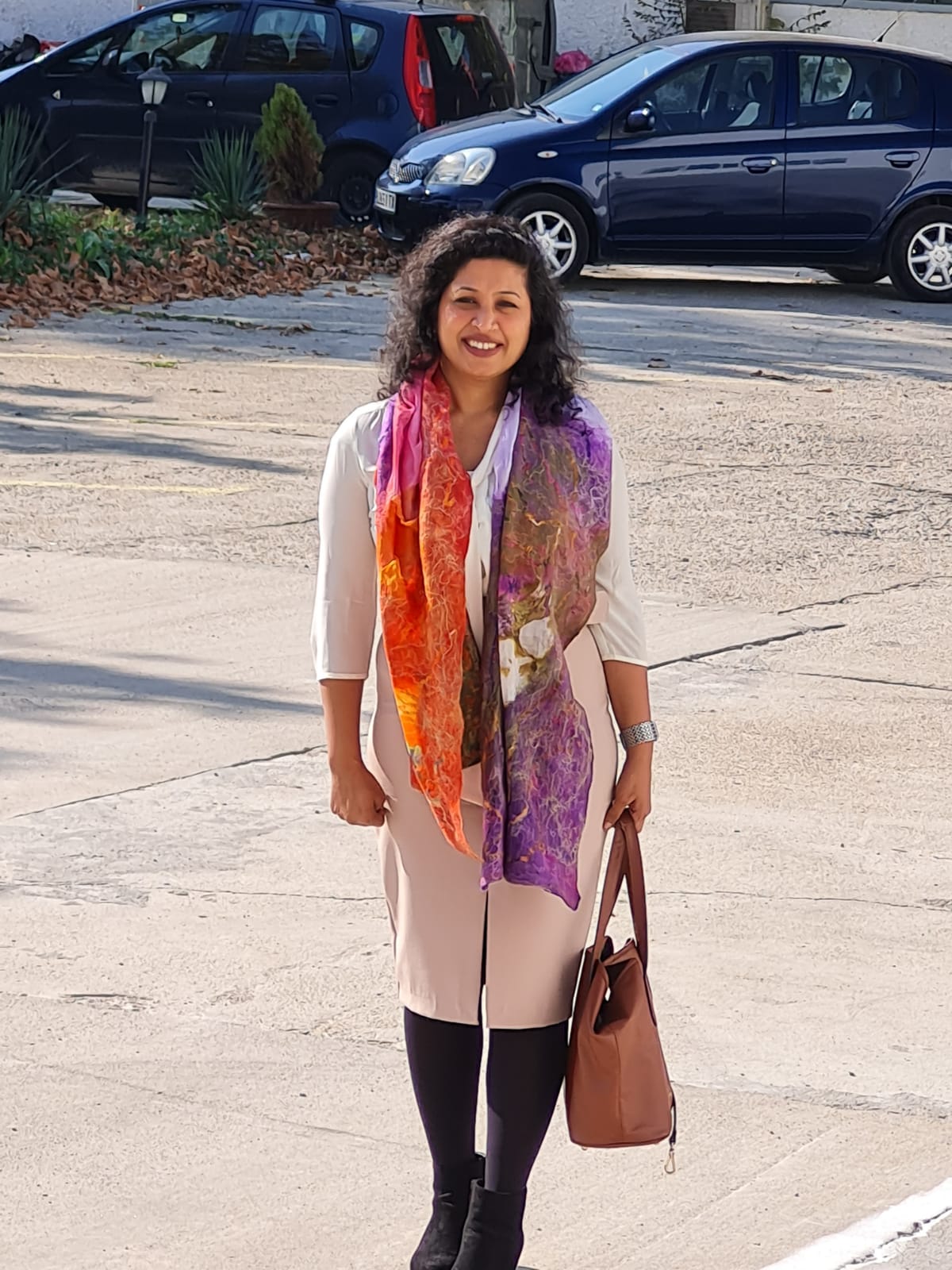
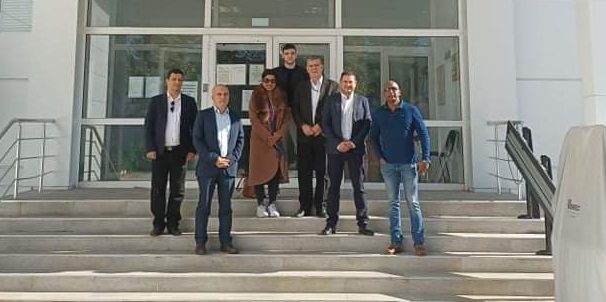 Leena and Shibu at GBI's Europe office in Bulgaria[/caption]
Leena and Shibu at GBI's Europe office in Bulgaria[/caption]
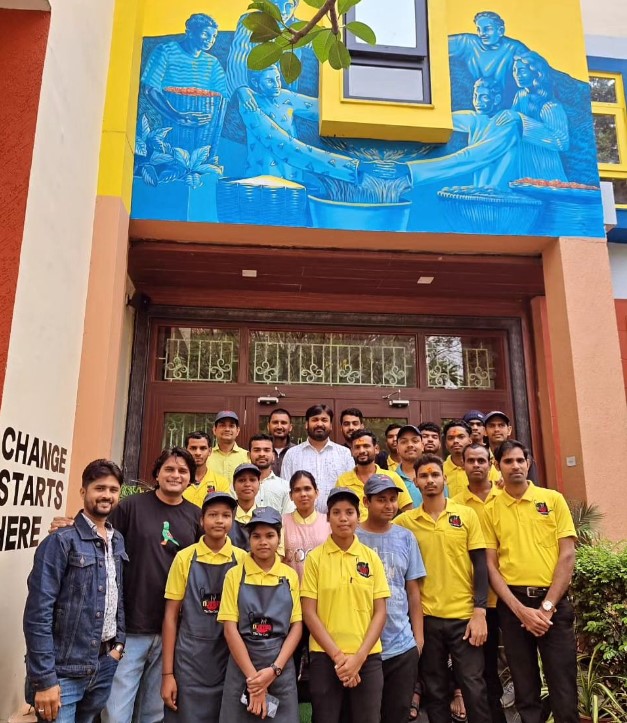 Priyank Patel with Nukkad team[/caption]
Priyank Patel with Nukkad team[/caption]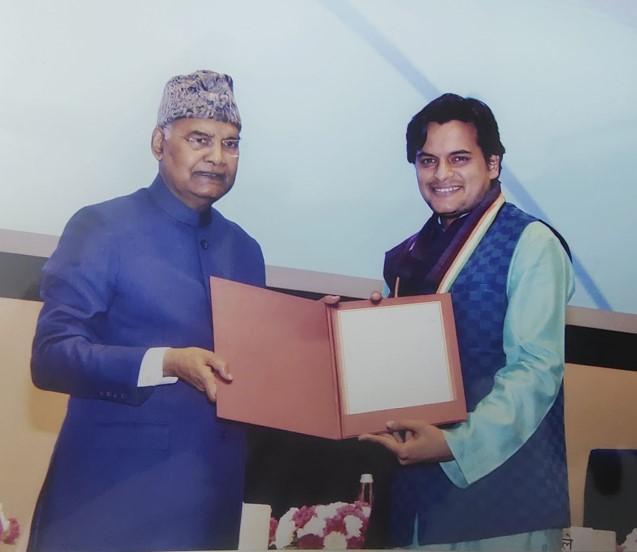 Priyank receiving award from
Priyank receiving award from 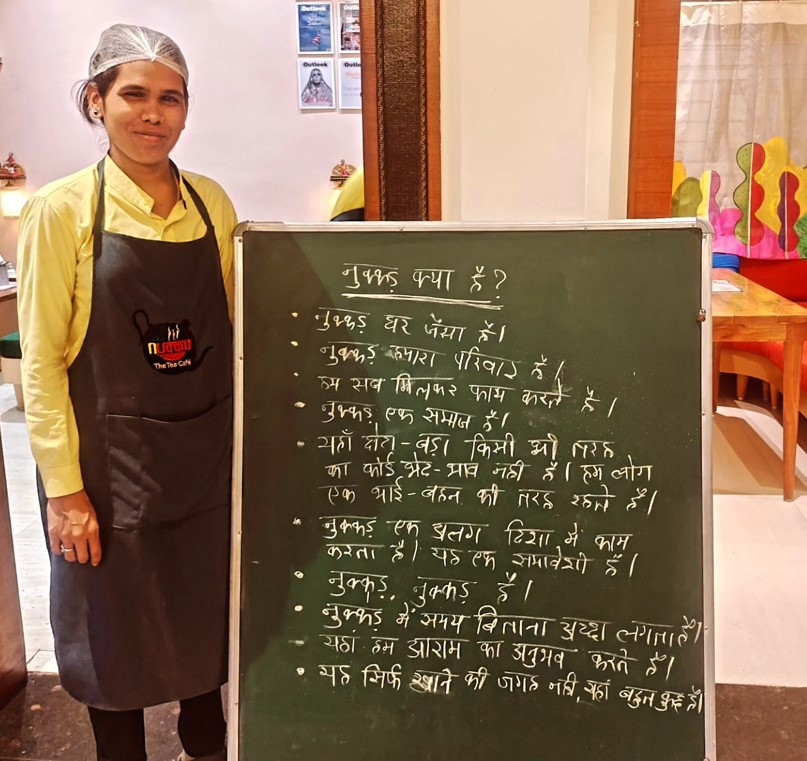
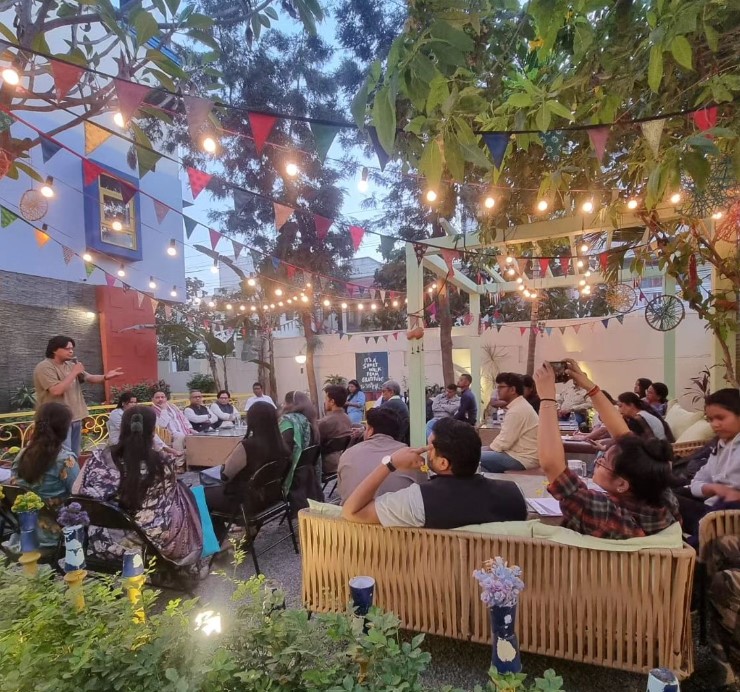 Priyank Patel and guests at a Nukkad event[/caption]
Priyank Patel and guests at a Nukkad event[/caption]
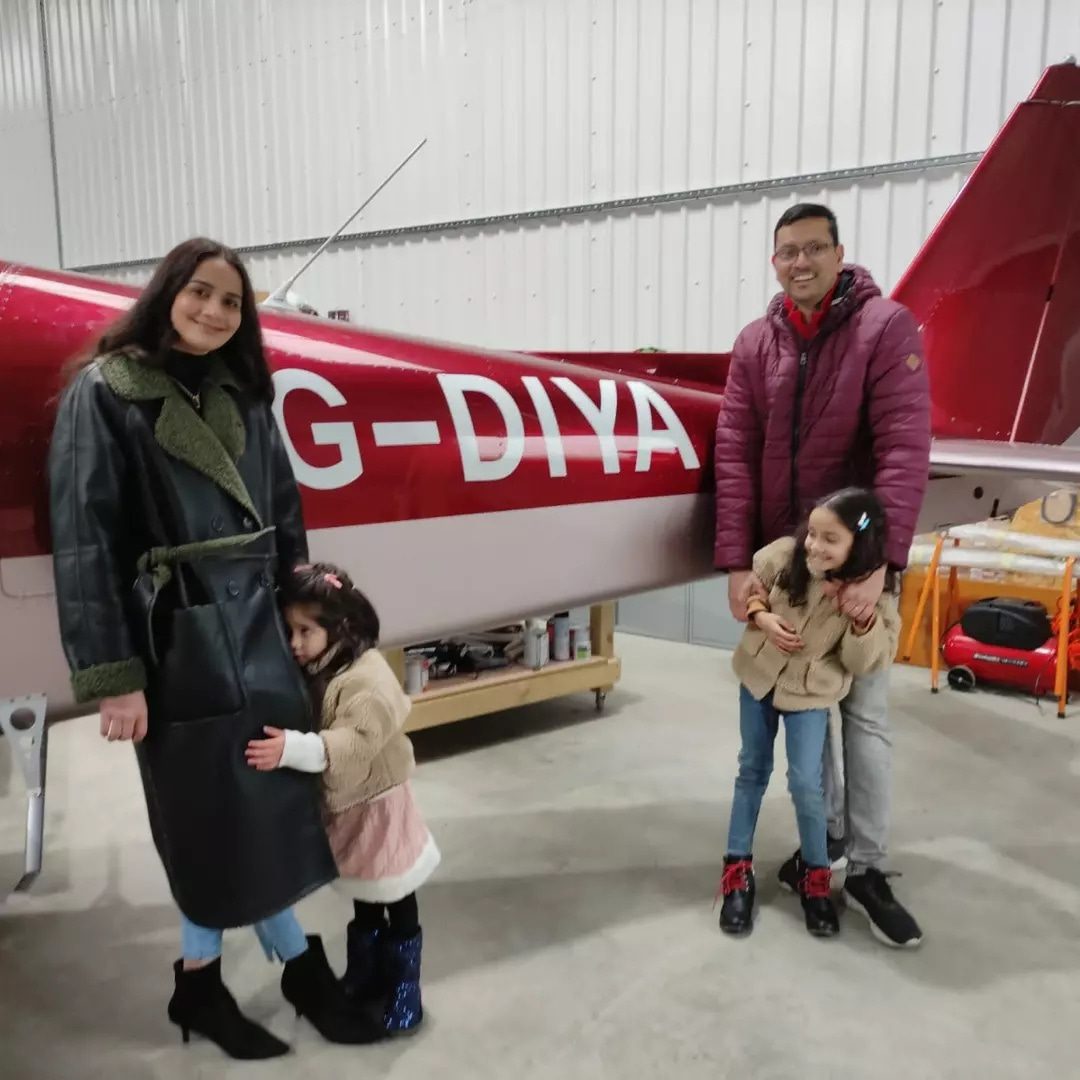 Ashok and Abhilasha Aliseril with their daughters at the hangar (Photo courtesy: Ashok and Abhilasha Aliseril)[/caption]
Ashok and Abhilasha Aliseril with their daughters at the hangar (Photo courtesy: Ashok and Abhilasha Aliseril)[/caption]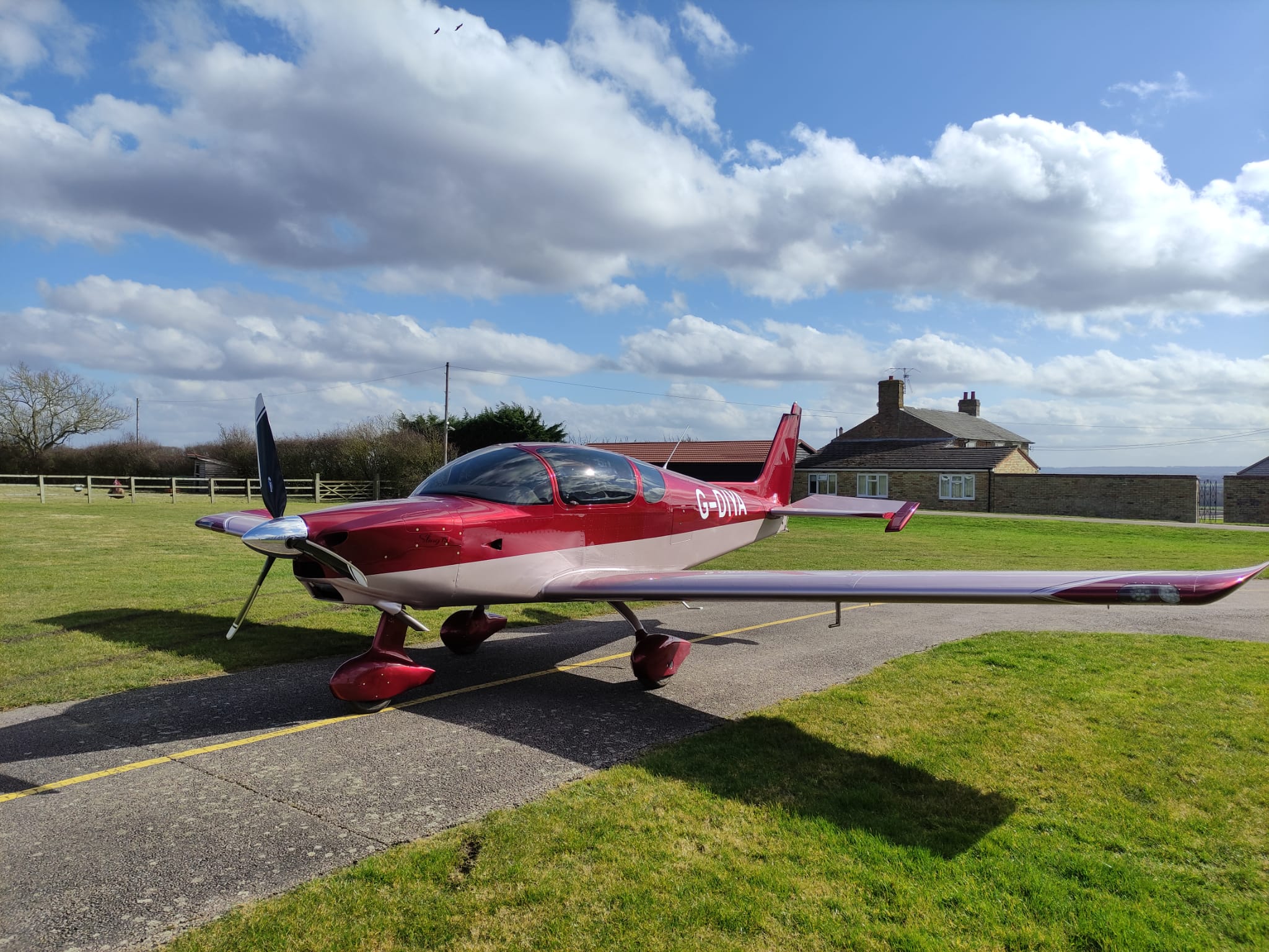 G-DIYA, a four-seater built by Ashok Aliseril (Photo courtesy: Ashok and Abhilasha Aliseril)[/caption]
G-DIYA, a four-seater built by Ashok Aliseril (Photo courtesy: Ashok and Abhilasha Aliseril)[/caption]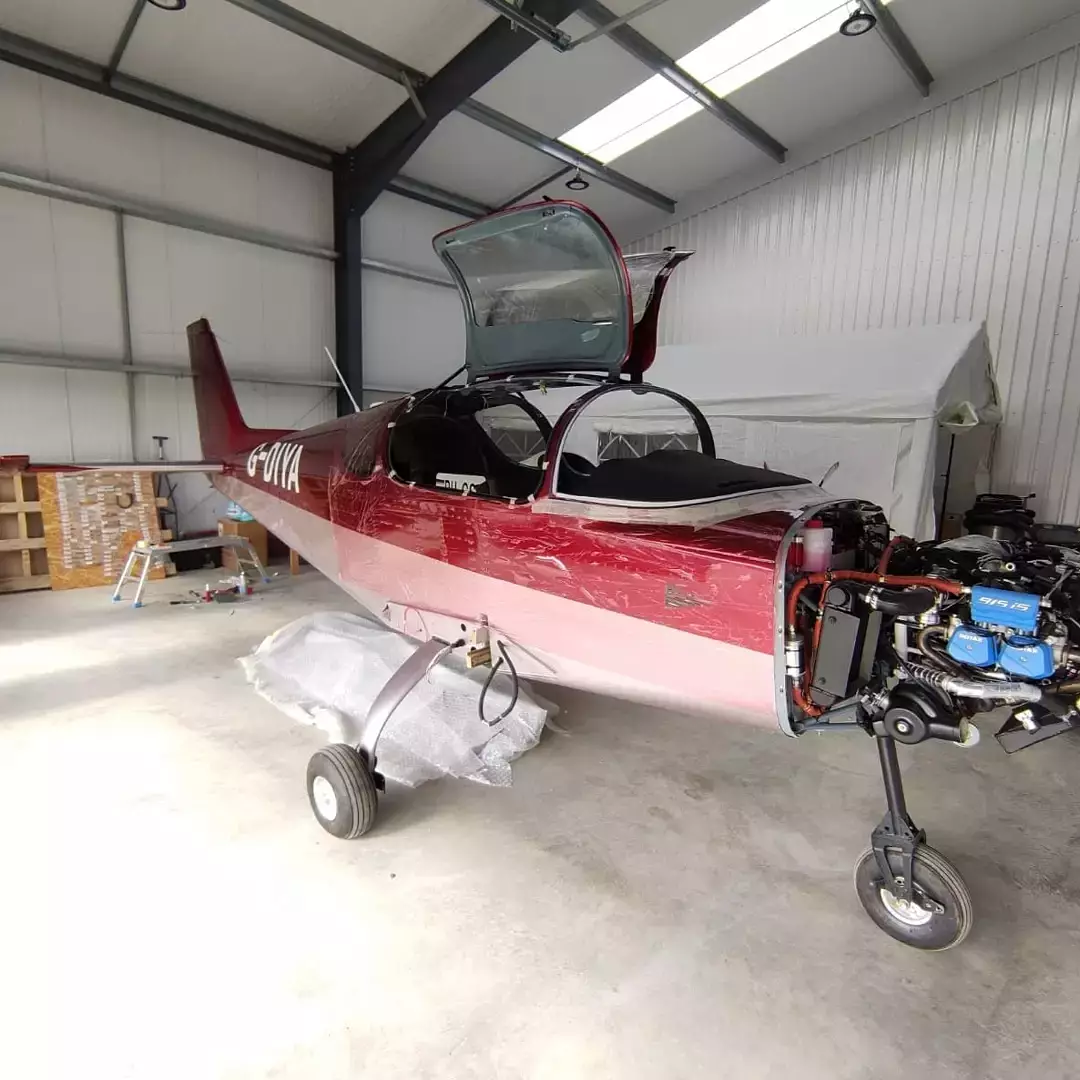 Sling TSi in the making (Photo courtesy: Ashok and Abhilasha Aliseril)[/caption]
Sling TSi in the making (Photo courtesy: Ashok and Abhilasha Aliseril)[/caption]